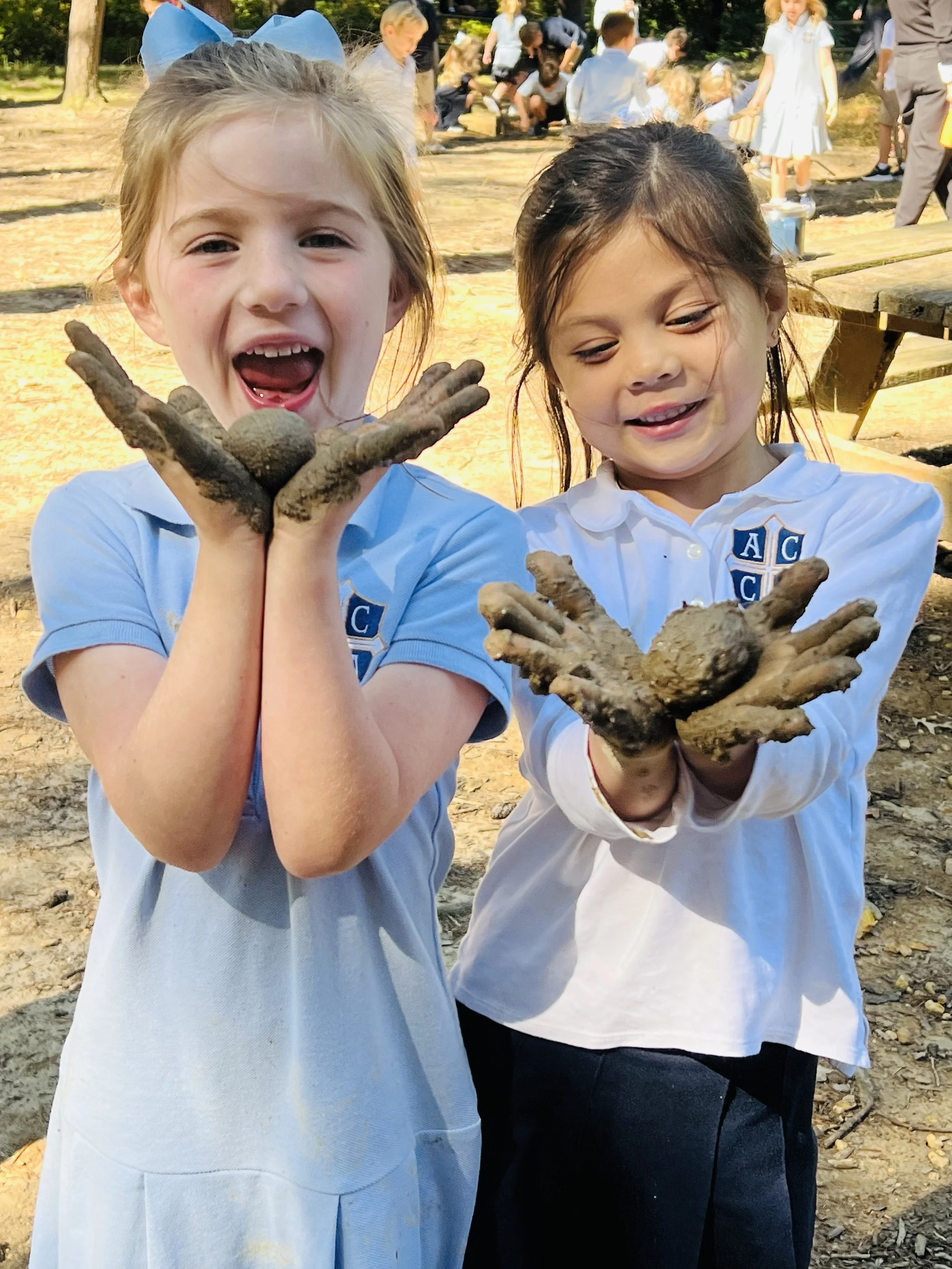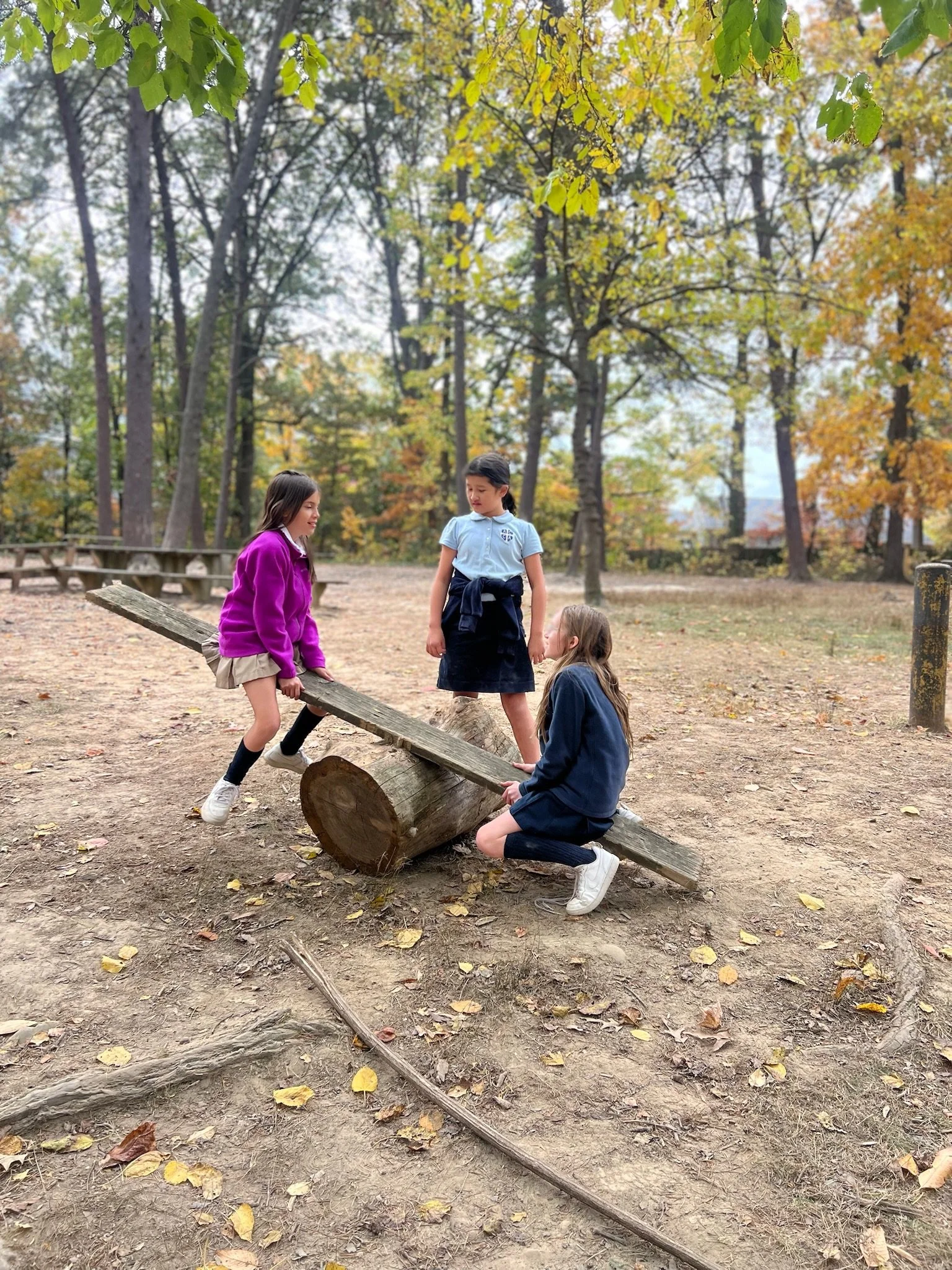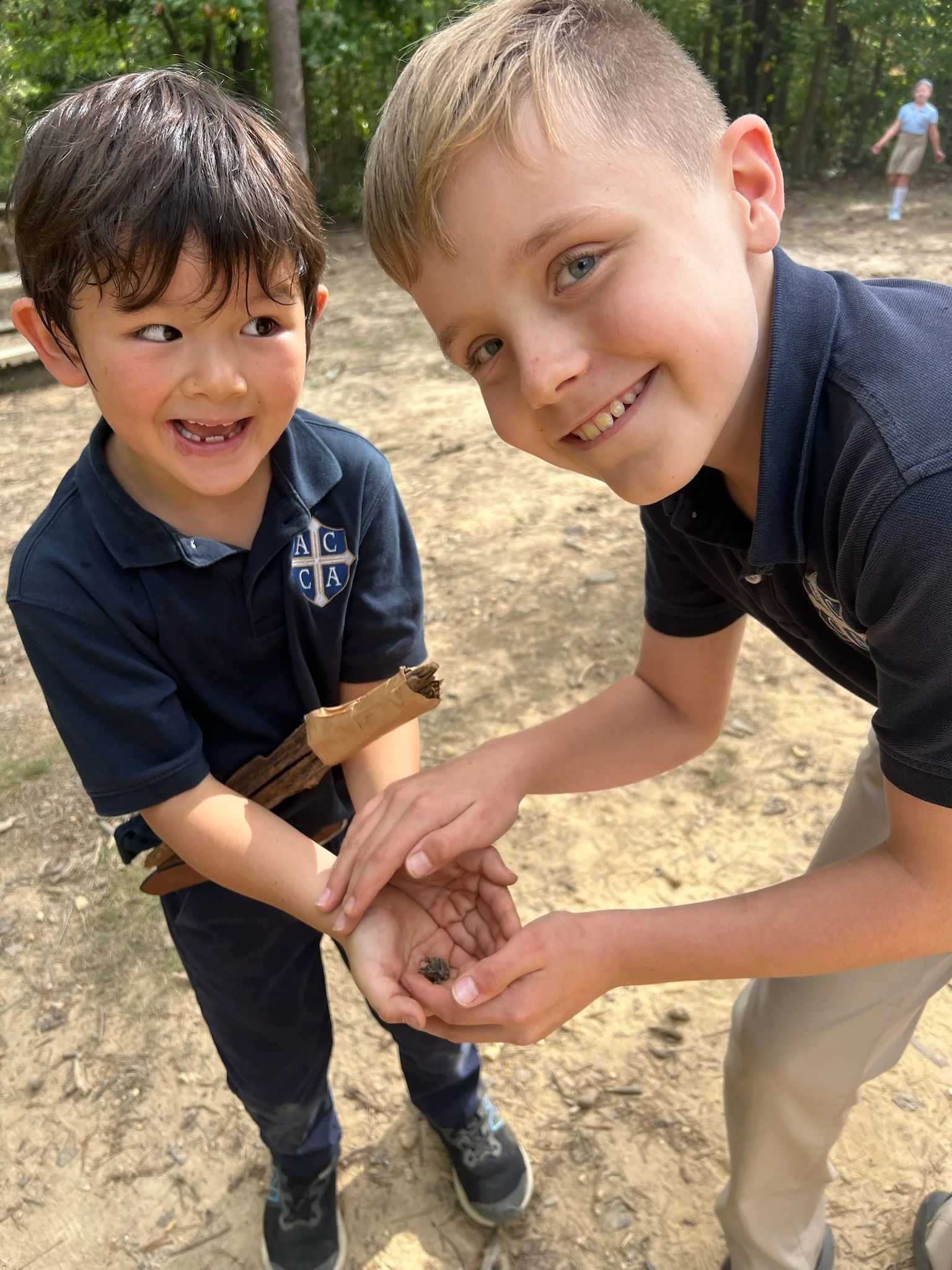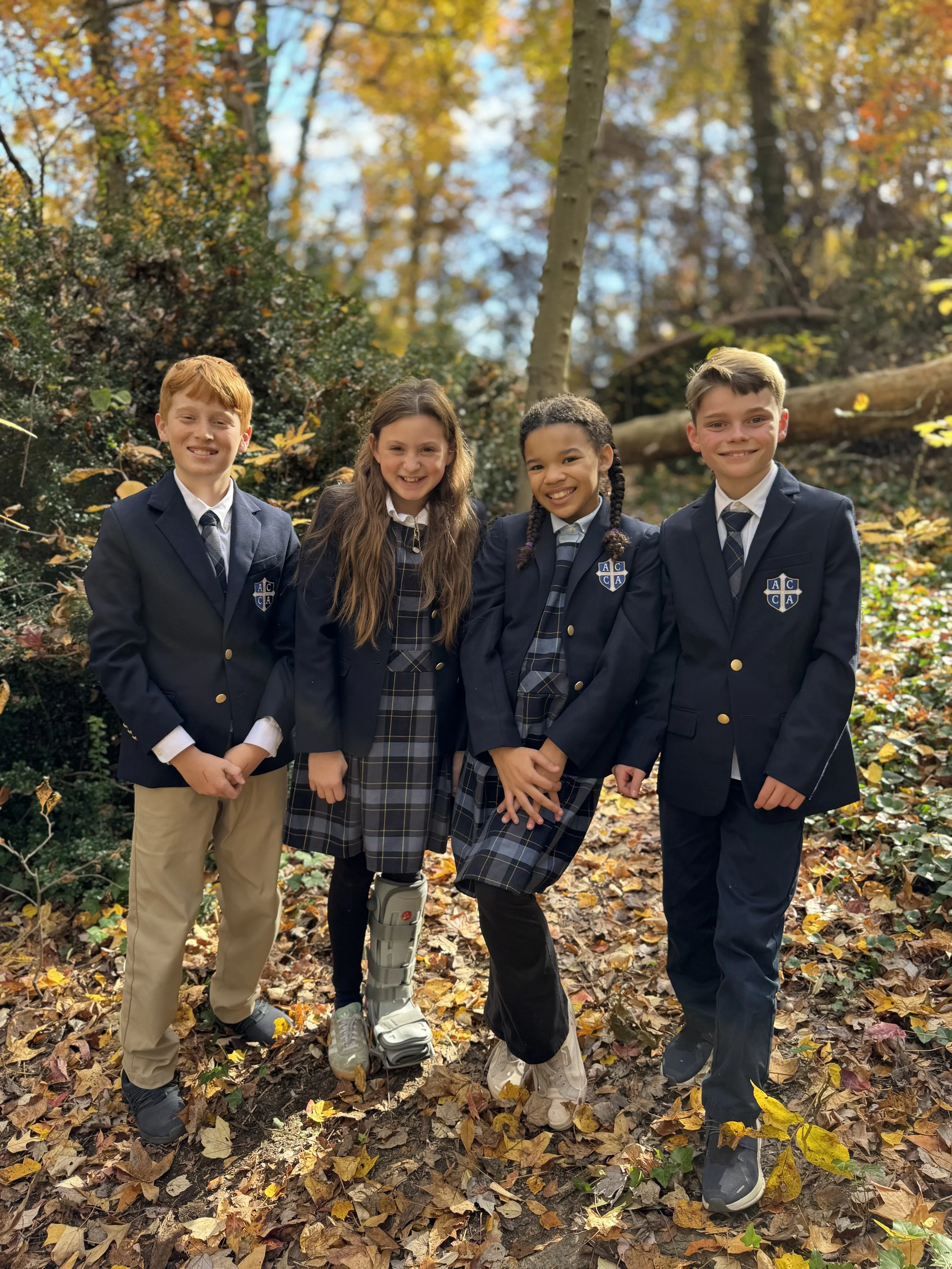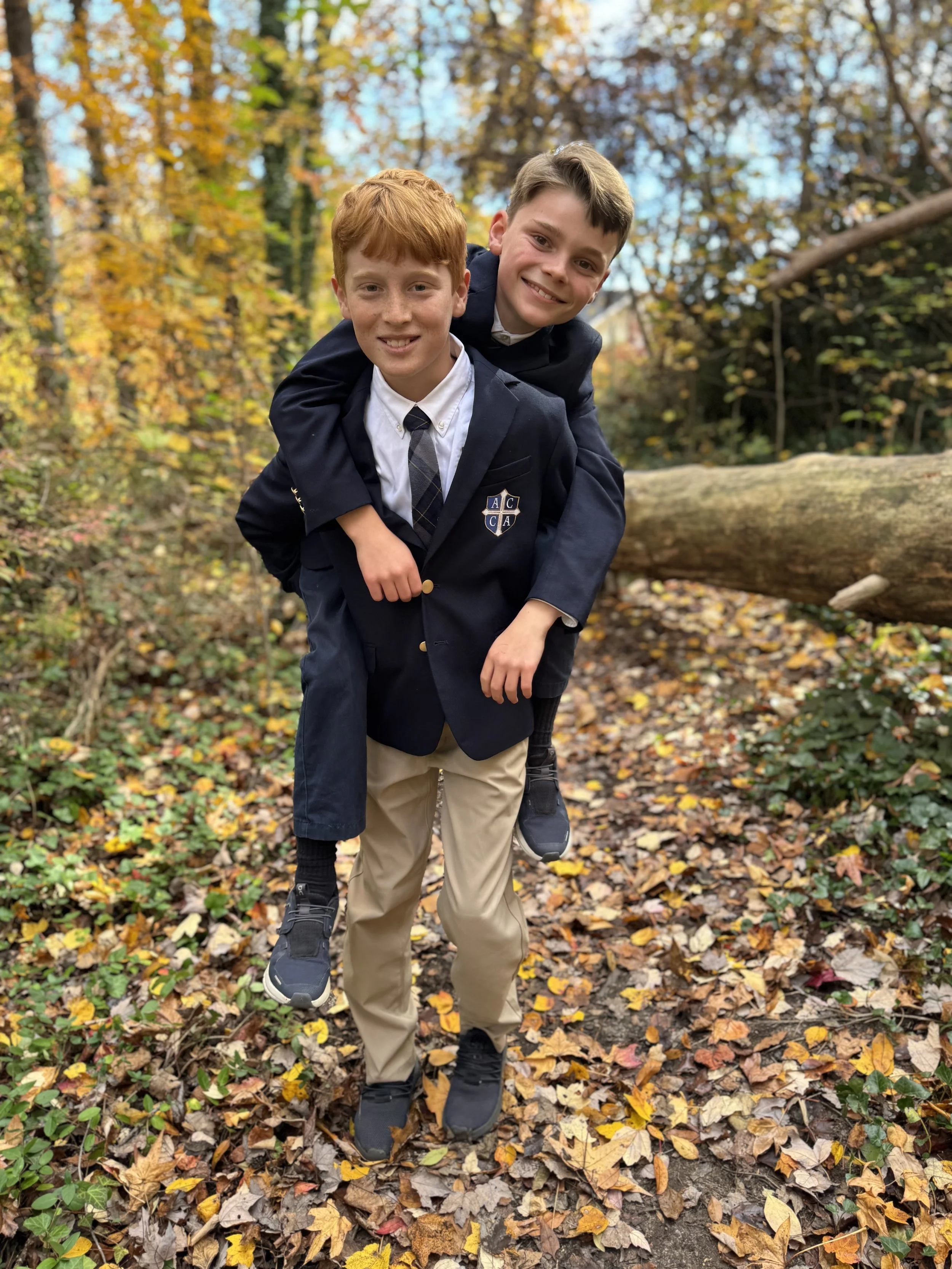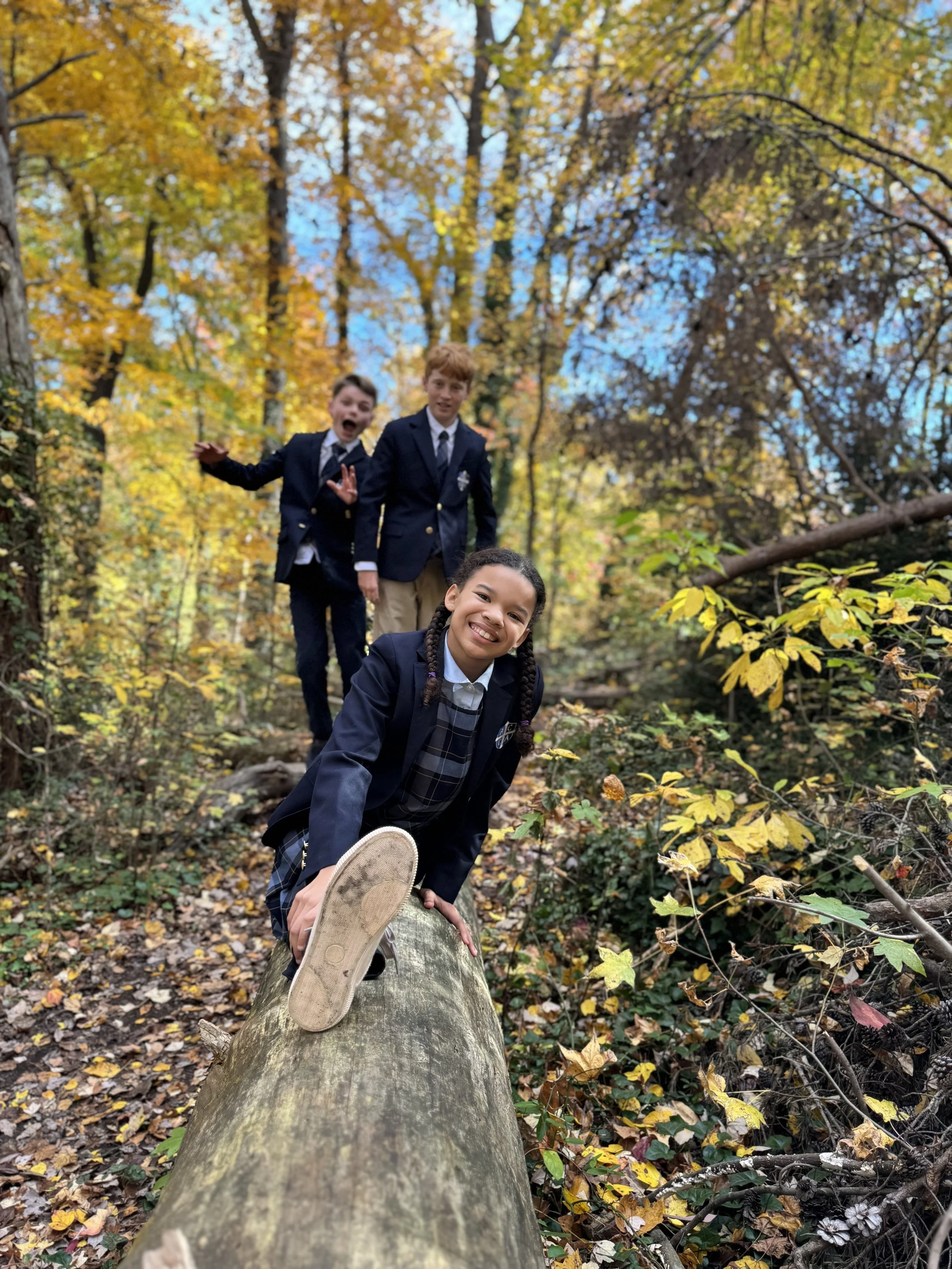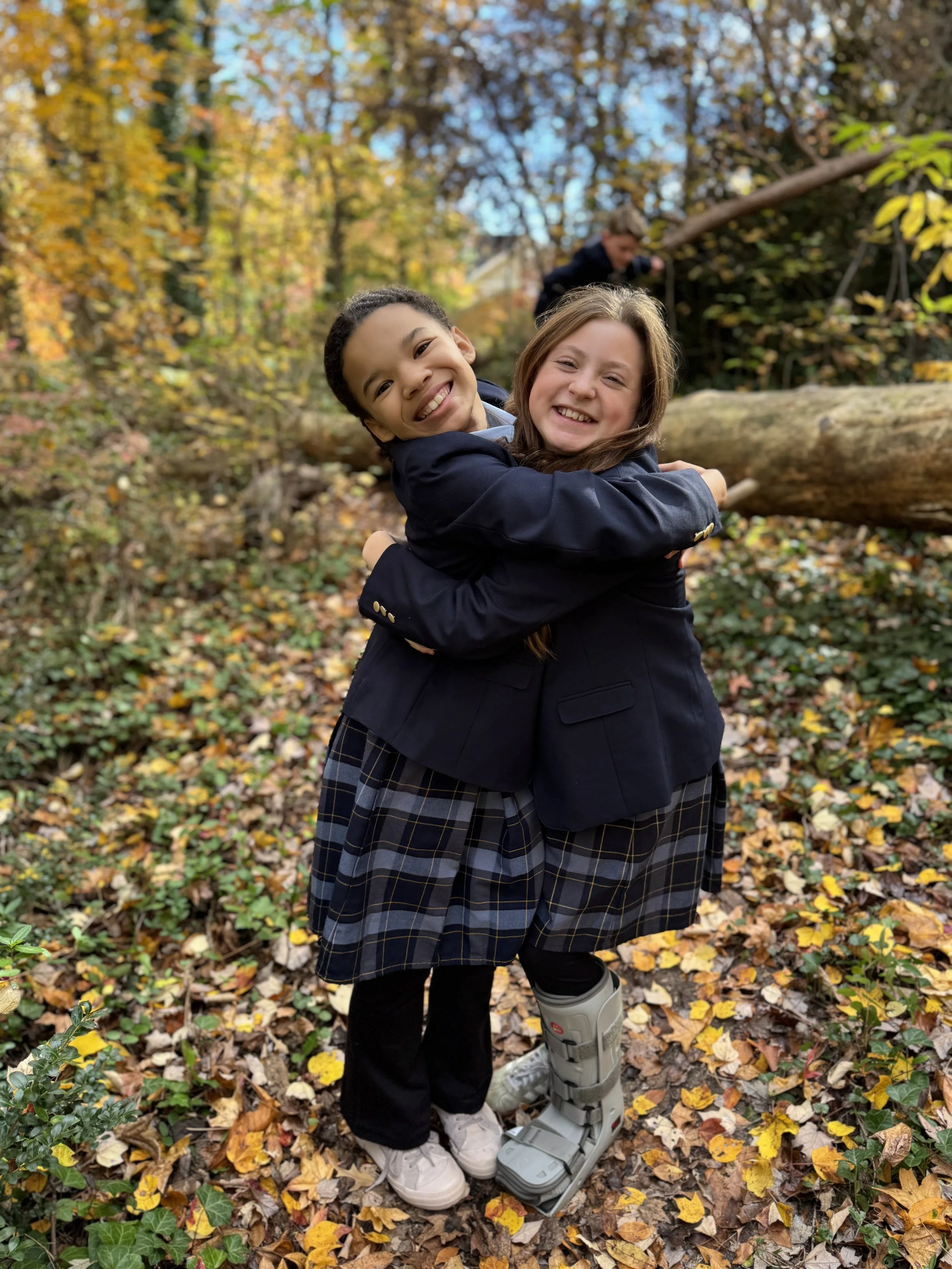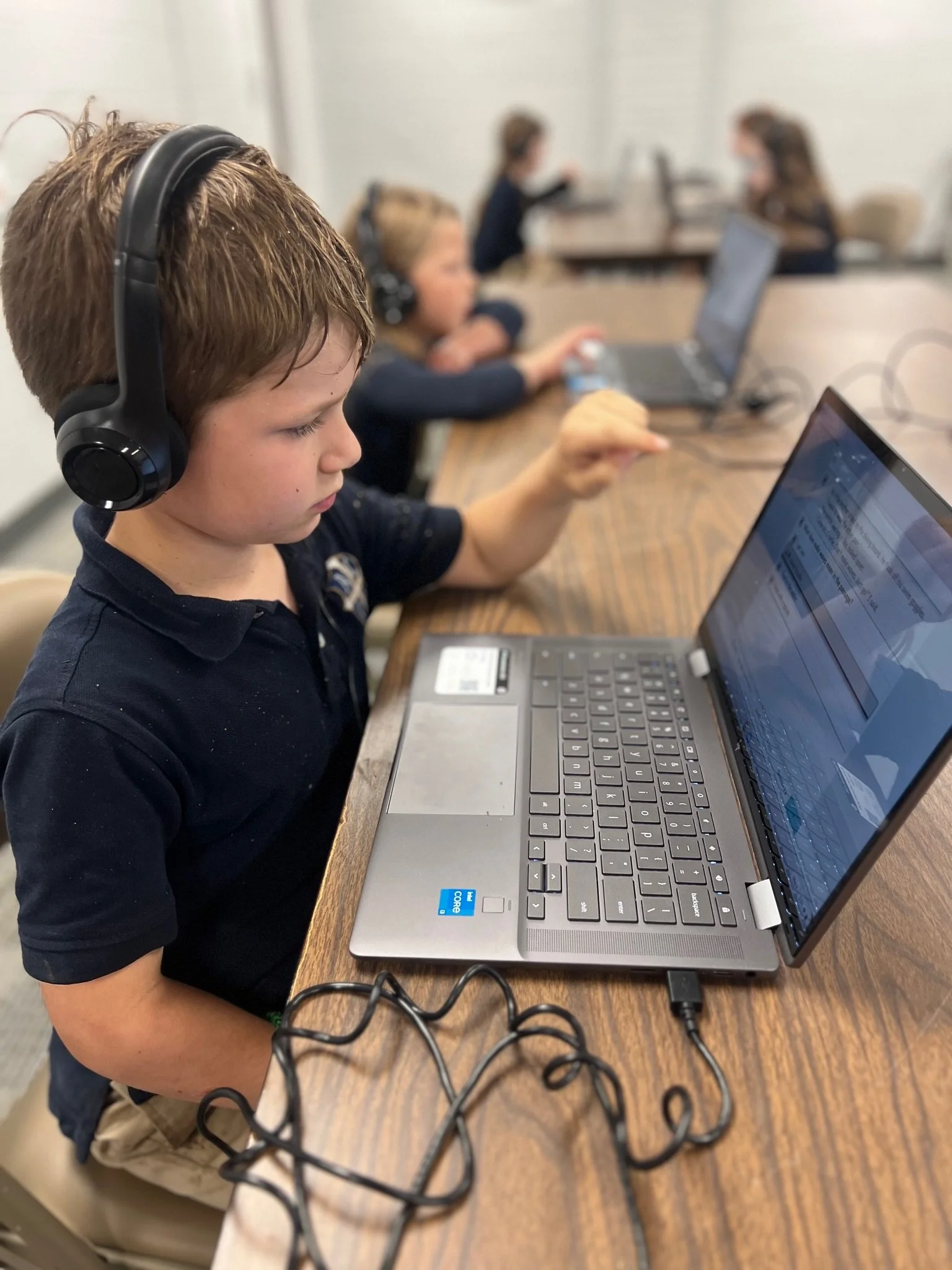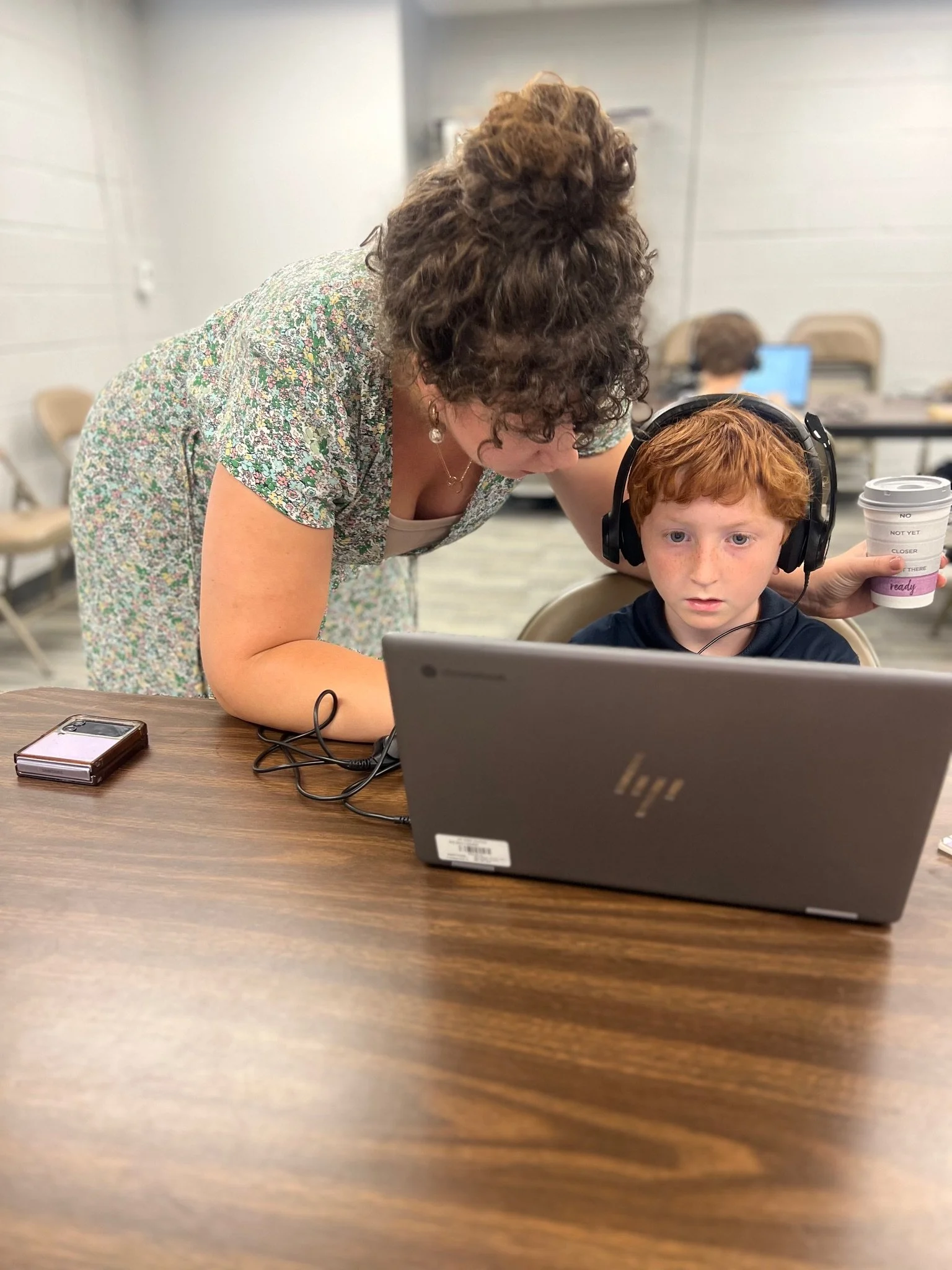More Than a Report Card: Rethinking What Makes a School “Good”
Every parent wants their child to succeed. But as the pressure mounts—for full schedules, packed curricula, polished transcripts, and strong test scores—many families are beginning to pause and ask a quieter, more important question this admissions season: What makes a school truly good?
In today’s educational culture, it’s easy to assume that the ultimate goal of primary schooling is high test scores and a well-rounded college application. In academically robust learning environments, much of the attention is placed on student performance and the constant push for improvement. Test by assignment by test, the rhythms of each class, school day, and school year become structured around performance metrics, standardized assessments, and driving a competitive edge.
But what if education could be more?
At Alexandria Classical Christian Academy, we take a different approach—one rooted in the time-tested tradition of classical Christian education. Here, each member of the faculty works to approach classroom activities and learning with intention and aimed at something different. We don’t ask, “What am I going to say in class today? What will I do?” We ask, “What will the students do in class today? What is their work in class going to be?”
That shift—from emphasizing the performance of the teacher to emphasizing the work of the student—changes everything.
The ACCA Difference: Education as Formation
We’re not just checking boxes or covering content. We’re helping parents form young souls. We believe education is as much about shaping character and habits as it is about filling hungry young minds with knowledge. True learning begins with a desire to know and love the Lord—the very reason we pursue knowledge, character, and virtue. We want students to develop the discipline to finish hard things, the courage to ask real questions, and the humility to listen before they speak.
Faith isn’t a subject on the report card—it’s the foundation of the entire school day.
Learning That Comes Alive: Great Books and Real Conversations
Our students don’t read excerpts or test-prep materials. They read entire works—rich, challenging texts that immerse them in real ideas and real stories. As The Count of Monte Cristo reminds us:
“I possessed nearly 5,000 volumes in my library at Rome, but after reading them over many times, I found that with 150 well-chosen books a man possesses a complete analysis of all human knowledge.” -Abbé Faria
That’s how we view our curriculum: fewer books, chosen carefully, and read deeply.
In literature, students don’t just get exposed to classic works—they live them. They memorize and recite poetry, build models that reflect historical settings, learn about the lives of authors, and engage in Socratic discussions where every student is called upon to participate fully.
These are the moments when school comes alive—when a quiet student discovers she has something to say that matters, when a sixth-grader stands up to present his perspective with evidence to support it, when a class can't stop discussing a book because it touched something real.
Science as Wonder
Science, too, is a journey of wonder. From the earliest years, our students explore the natural world—studying the order of the animal kingdom, botany, and Earth’s systems not just through textbooks, but through hands-on observation and exploration of the creek and woods.
They raise frogs from tadpoles, build models, examine patterns, and learn to see God’s design in creation. Here the work again is not aimed at career readiness, but helping students love and wonder at the marvels present even in our own backyards.
As John D. Mays writes in From Wonder to Mastery:
“For children, wonder obviously doesn’t begin with quantum physics or carbon nanotube technology; it begins with the simple interaction with nature—beetles, tadpoles, flowers, the ocean, the moon, mockingbirds, and (hopefully) grass snakes.”
It is this wonder we seek to preserve—and from it, build mastery.
How Children Learn: Active, Hands-On, and Joyful
True learning, learning that helps students embed what they are exposed to in their long-term memory, most effectively happens when it’s multi-modal. Meaning, it involves a variety of human senses, types of work, and repetition of ideas. It involves memory work, discussion, projects, and immersive experiences.
And yes—learning styles are a myth. As Dr. Daniel Willingham at UVA has shown, all brains learn in the same fundamental ways. What matters is that teaching is rich, varied, and active.
The more multi-modal and multi-sensory the learning is, the better the human mind retains that content. If you read about frogs, you can know what a frog is, and know many facts and data points about frogs. But if you smell the frogs, watch the frogs every day, feed the frogs, listen to the frogs, hold the frogs, you know a lot. But what if you amass knowledge about frogs and combine that with experiencing frogs, and you come to learn about how frogs fit into the animal kingdom - you are approaching a masterful understanding of frogs.
Knowledge + formation = powerful education! Both matter.
The Middle School Years: Building Confidence and Character
This is why our growing middle school is so focused upon two things:
First, an active and immersive education. Projects, public speaking, music, sports, sciences, building things, embodied learning - this all helps students learn more deeply.
Second, the formation of the student. A strong faculty truly know their students and invest in them and their families through building relationships, respect, and active coaching. They are able to help students navigate the tricky world of teenage friendships, and do so in a way that builds the unique skills and personalities of the individuals. What a gift to help families build such confidence, capability, and joy in these important years!
A Joyful Approach to Challenge
And yes—our students do well on standardized tests. But not because we’ve trained them to fill in bubbles.
This year, during MAP testing, ACCA teachers didn’t cram content or teach test-taking strategies. Instead, they reminded students that they are made for tackling tough challenges and can approach testing as a puzzle to unlock.
It was a different kind of assignment—something new, but not something by which they’d be judged. And something remarkable happened: no tears, no distress, no burnout. After 15 years of administering thousands of tests, this was the first time I saw students approach testing with cheerful grit.
They weren’t rushing. They were re-reading, problem-solving, even smiling—taking on the challenge with the spirit of adventurers. They weren’t just trying to get through the test. They were engaging in it. Their scores reflected that. But more importantly, so did their spirits.
What Truly Matters
Ultimately, the tests don’t matter. Our students matter. Their faith in Christ Jesus matters. The integrity of their minds and the formation of their hearts—that matters.
Still, it is deeply encouraging to see tangible evidence that joyful, meaningful, Christ-centered learning produces not just well-formed students, but capable ones.
Visit ACCA
If you’re longing for more than worksheets and checklists as the path to helping your child become a successful adult and competitive student—if you want your child to be immersed in a school culture that values wonder, wisdom, and character—we invite you to see the difference for yourself.
Come tour our school. Sit in on a class. Talk to our teachers. We think you’ll see what education was always meant to be. Join us for our Open House on December 5th .There is no better way to truly gauge the culture of a school than to experience it firsthand.



